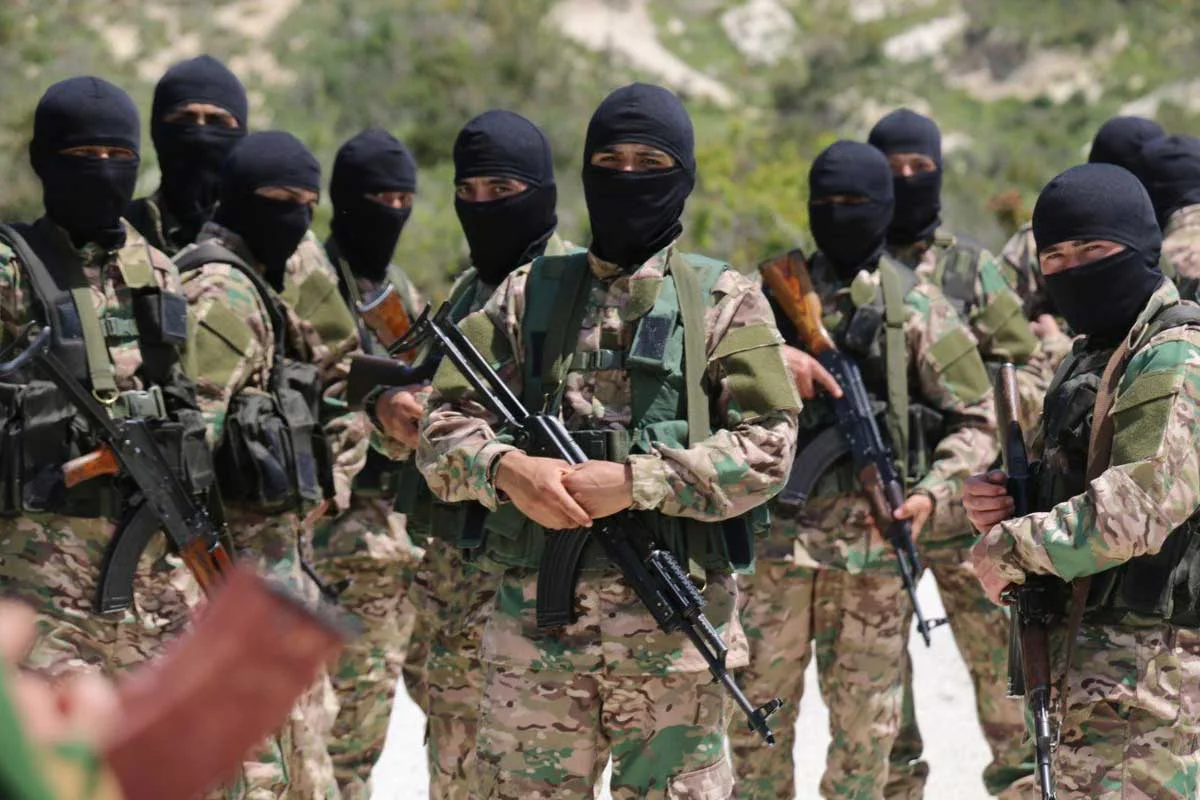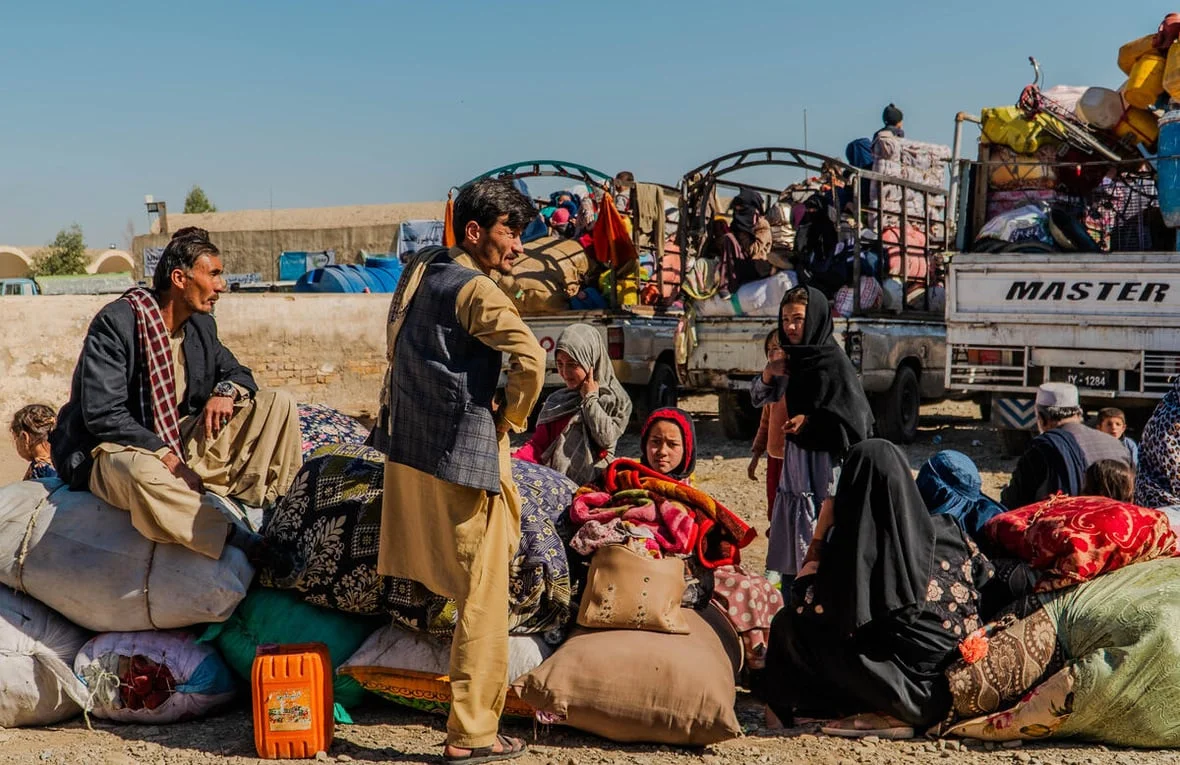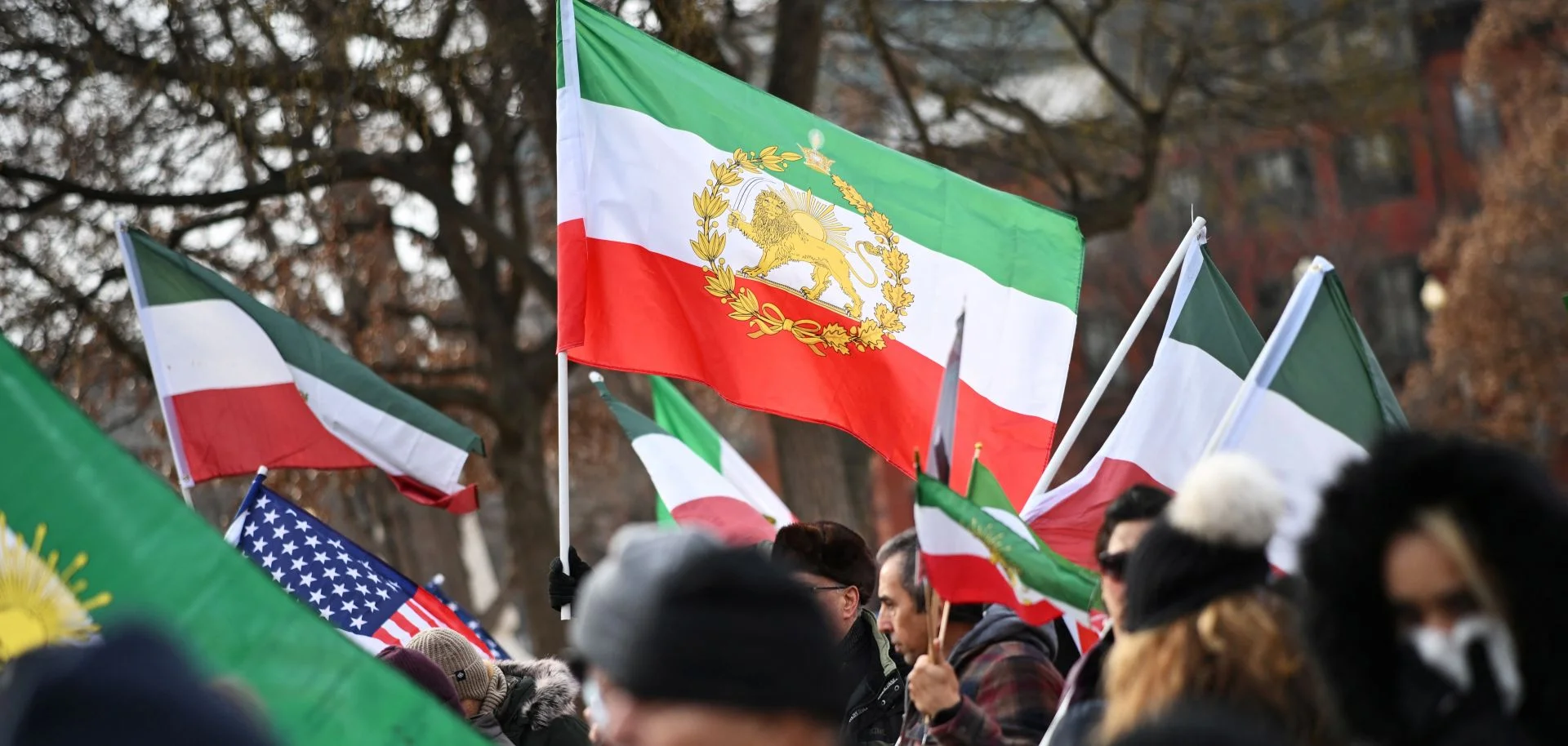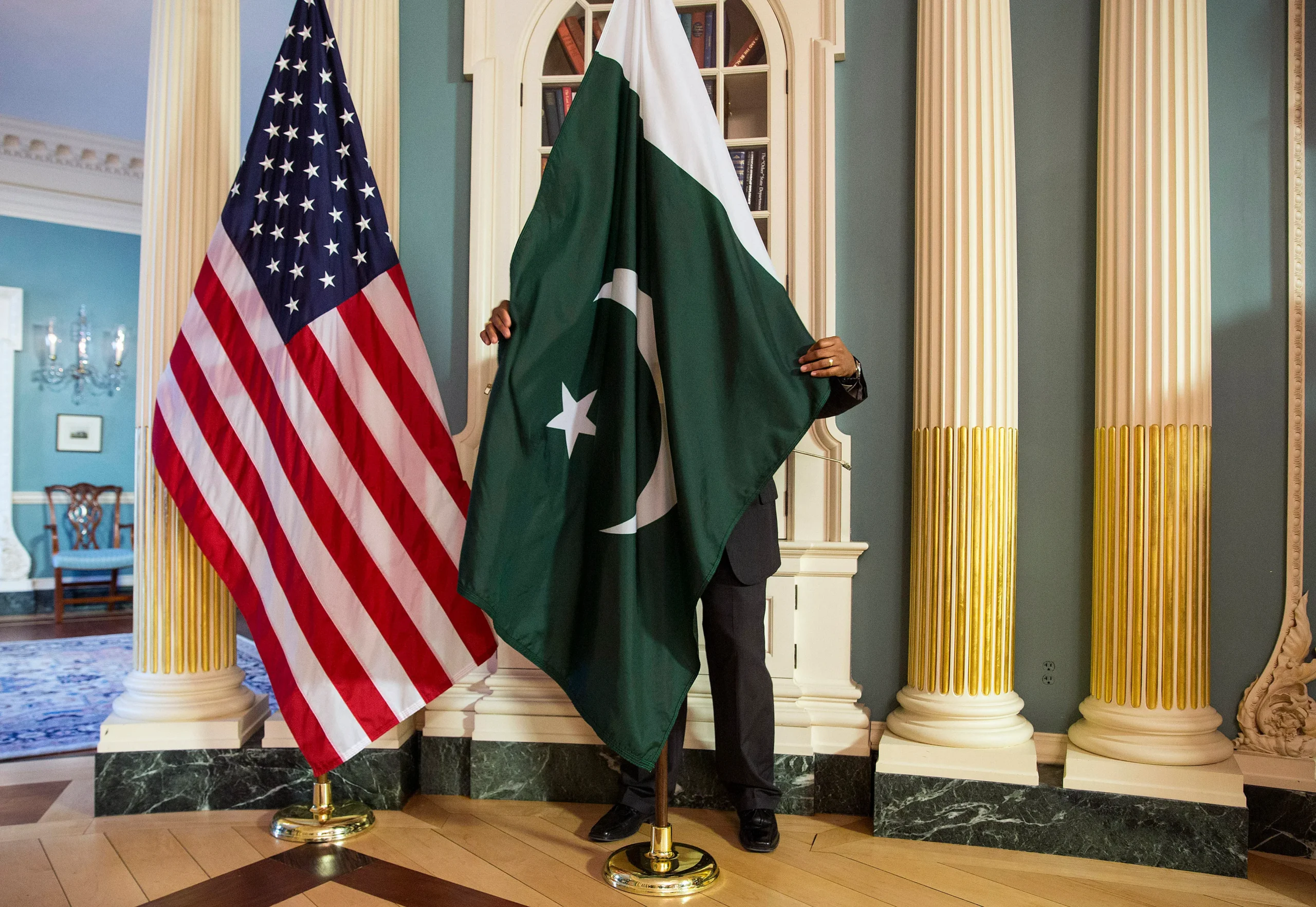DHAKA: Ousted Bangladeshi Prime Minister Sheikh Hasina will face multiple charges of crimes against humanity. The country’s interim government made the announcement on Tuesday when it sent an extradition request to India.
Hasina travelled to New Delhi in August during the student-led demonstrations that ended her 15 years in power. The initially peaceful protests, which began in early July, turned violent as security forces cracked down. This left hundreds dead, sparking a nationwide uprising against Hasina that forced her to flee the country.
Also See: Bangladesh Wants Ex-PM Hasina Back for ‘Judicial Process’
Arrest Warrants Issued for Sheikh Hasina
In October, a Bangladeshi domestic criminal tribunal issued arrest warrants for Hasina. The tribunal also issued warrants for more than 40 other people linked to the protest killings.
Bangladesh’s foreign affairs adviser, Md. Touhid Houssain, said on Monday that his country had sent a diplomatic note to India’s Foreign Ministry asking for Hasina’s return in order to begin a “judicial process.”
“We expect (India) will respond as soon as possible,” Azad Majumder, deputy press secretary of the head of Bangladesh’s interim government Muhammad Yunus, told Arab News.
There are multiple charges against Hasina, including that she bears responsibility for forced disappearances, and for ordering the killings that took place during the protests, he added.
“She [Hasina] will face multiple charges regarding crimes against humanity, and authorities are conducting investigations,” Yunus said.
Concerns Over Compliance
India has confirmed reception of the request from Bangladesh. Bangladesh has an extradition treaty with India, which serves as a “commitment that both parties will comply with this instrument,” said Jyotirmoy Barua, a lawyer at the Bangladesh Supreme Court and a human rights activist.
In 2015, Bangladesh handed over Anup Chetia, a separatist rebel leader whose group had fought Indian rule in the northeastern state of Assam. He was arrested in 1997 for illegal entry into Bangladesh and for possession of large amounts of foreign currency.
Though Bangladesh expects India to return Sheikh Hasina in respect of their bilateral treaty and the precedent set in Chetia’s case, concerns exist that New Delhi may not comply.
“India may (refer to) this clause of the treaty that Sheikh Hasina may face ‘political vengeance’ in the trial process and may not receive justice. On these grounds, India may not eventually comply with Bangladesh’s request,” Barua said.
“So, there is a fear that India may not follow the diplomatic norms here in returning Sheikh Hasina. It depends on the good judgement of Indian leadership.”
This news is sourced from Arab News and is intended for informational purposes only

![Bangladesh requests India's extradition of Sheikh Hasina on charges of crimes against humanity following violent protests. [Image via AFP/File]](https://southasiatimes.org/wp-content/uploads/2024/12/4557655-963238657.webp)




